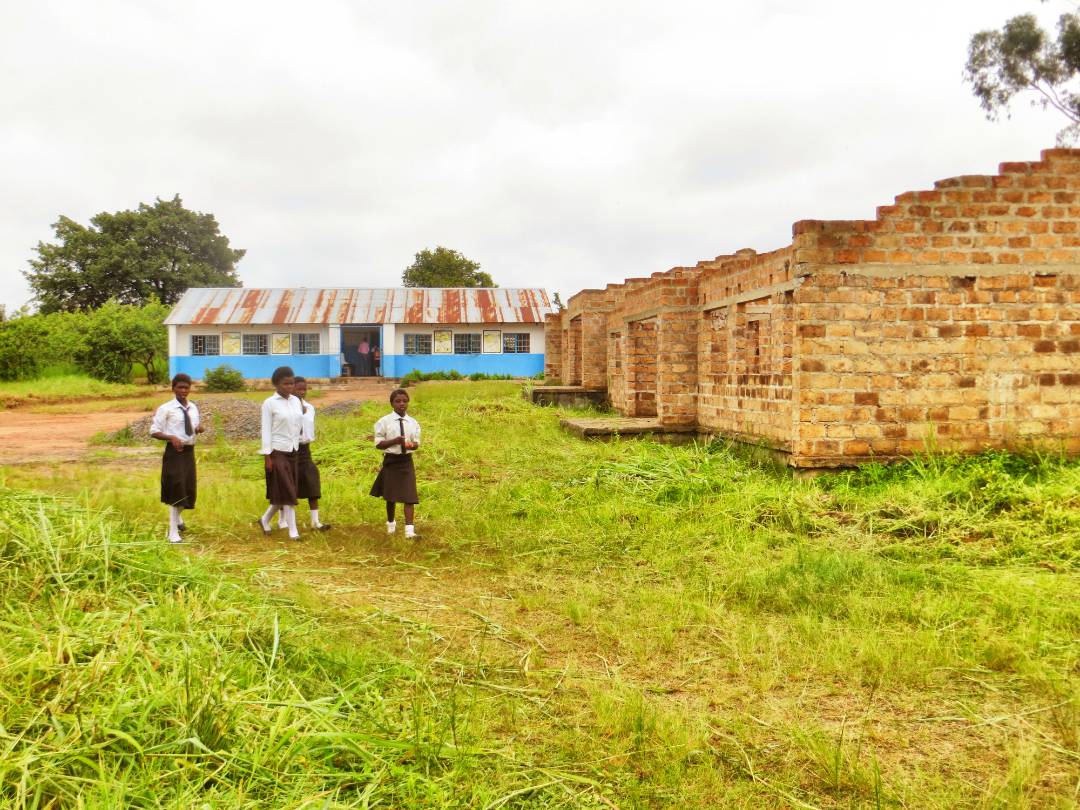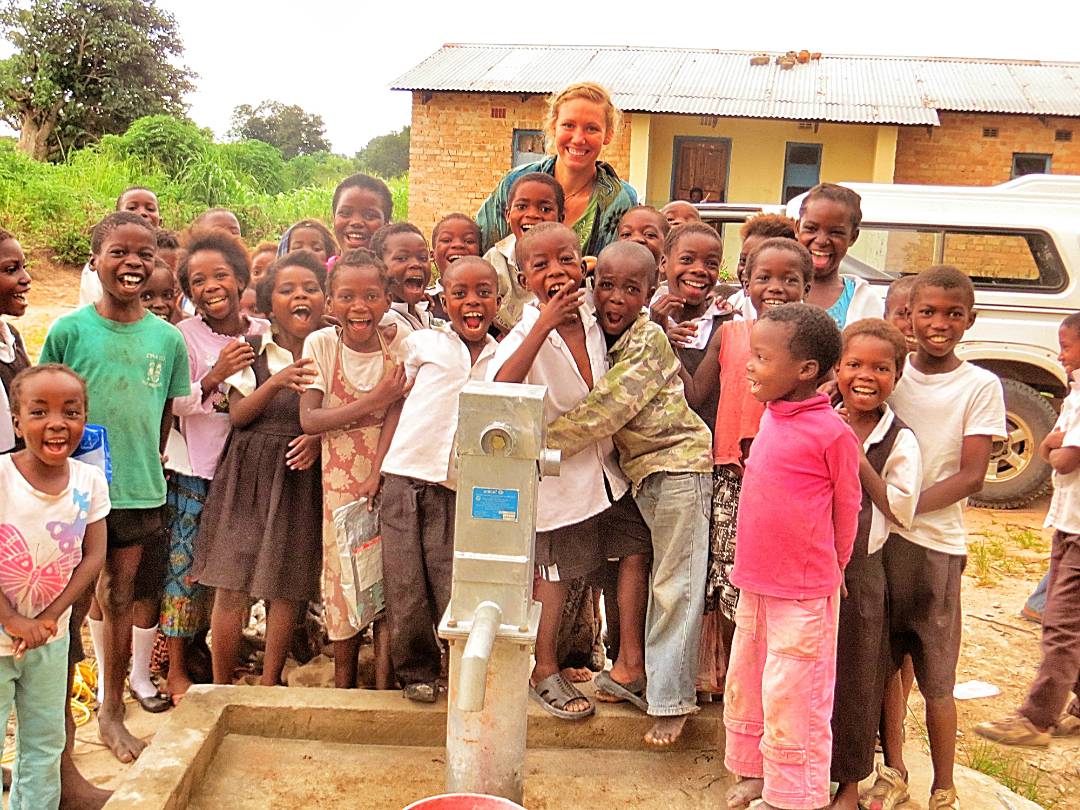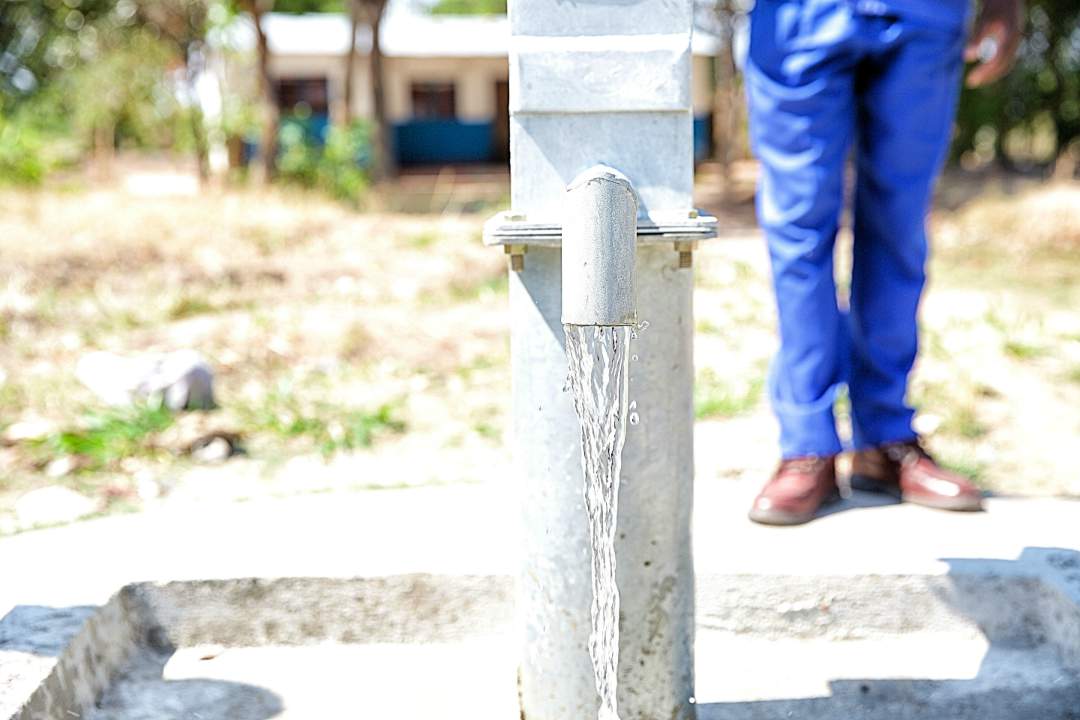- East Africa Water & Sanitation Program
- Water For Zambia Program - Zambia
- Chisongo Primary School Water Project - Zambia
- Kabende Primary School Borehole Project - Zambia
- Kaole Primary School Water Project - Zambia
- Mabumba Primary School Water Project - Zambia
- Lukangaba Primary School Water Project - Zambia
- Fimpulu Primary School Water Project - Zambia
- Malamba Primary School Water Project - Zambia
- Namandwe Primary School Borehole Project - Zambia
- Matanda Primary School Borehole Project - Zambia
- Chofoshi Primary School Borehole Project - Zambia
- Luchinka Primary School Borehole Project - Zambia
- Mbaso Primary School Borehole Project - Zambia
- Mano Primary School Water Project - Zambia
This project is made possible through the partnership of WATER CHARITY and the NATIONAL PEACE CORPS ASSOCIATION. ![]()
THE INITIAL PHASE OF THIS PROJECT HAS BEEN COMPLETED. PLEASE CHECK OUT THE INDIVIDUAL PROJECT PAGES.
Location:
Project Description:
This project is to restore water to 13 schools through the installation of a new water pump and associated improvements at each school.
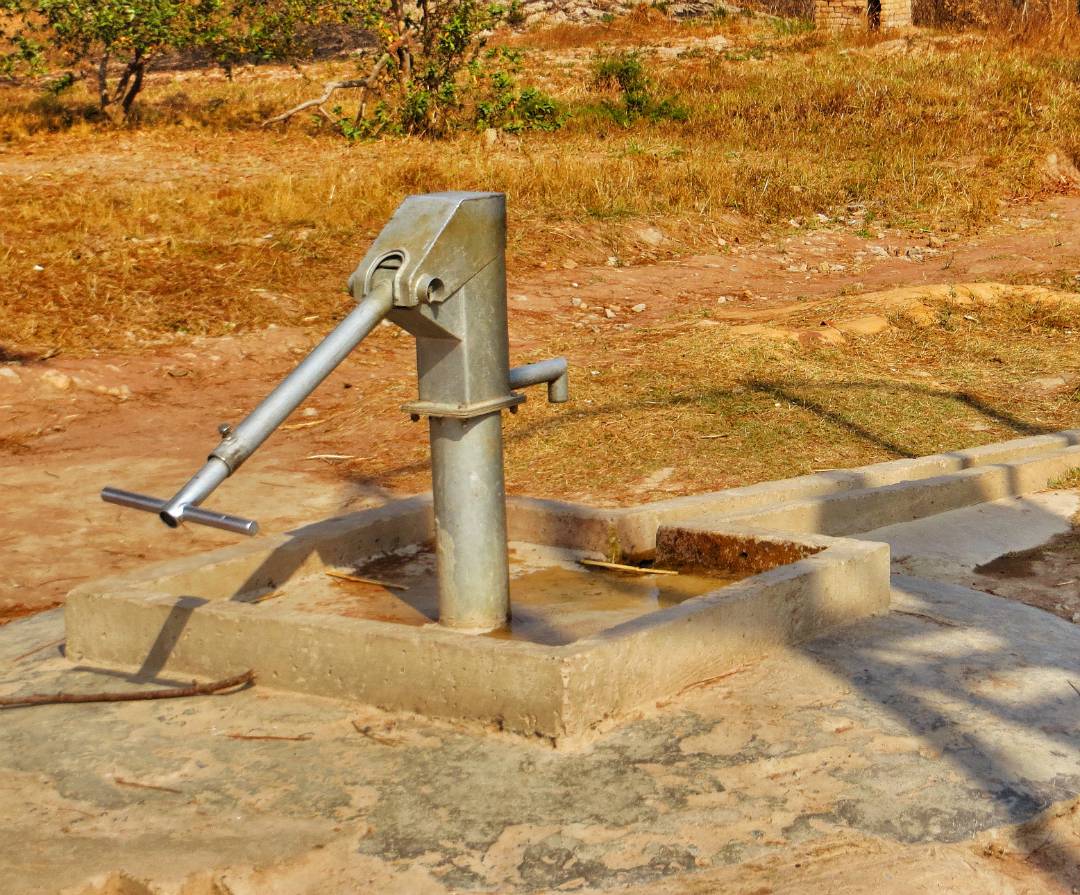 There was an existing play pump structure at all three schools, but the pumps had not worked since 2009. With the help of Water Charity, she was able to work with a local government group (similar to a Public Works Department) to renovate the water systems at all three primary schools. Each borehole now functional, and is expected to provide access to clean, safe drinking water for 300 people daily for a lifetime of 50 years.
There was an existing play pump structure at all three schools, but the pumps had not worked since 2009. With the help of Water Charity, she was able to work with a local government group (similar to a Public Works Department) to renovate the water systems at all three primary schools. Each borehole now functional, and is expected to provide access to clean, safe drinking water for 300 people daily for a lifetime of 50 years.
Emily was informed of 13 other schools in Mansa District, with the identical play pump structures, currently facing water crises. She determined that the problem could easily and affordably be solved with the demolition of the existing structures and installation of new Afridev borehole pumps.

Each installation will include a runoff area, drain, soak pit, and other improvements as necessary.
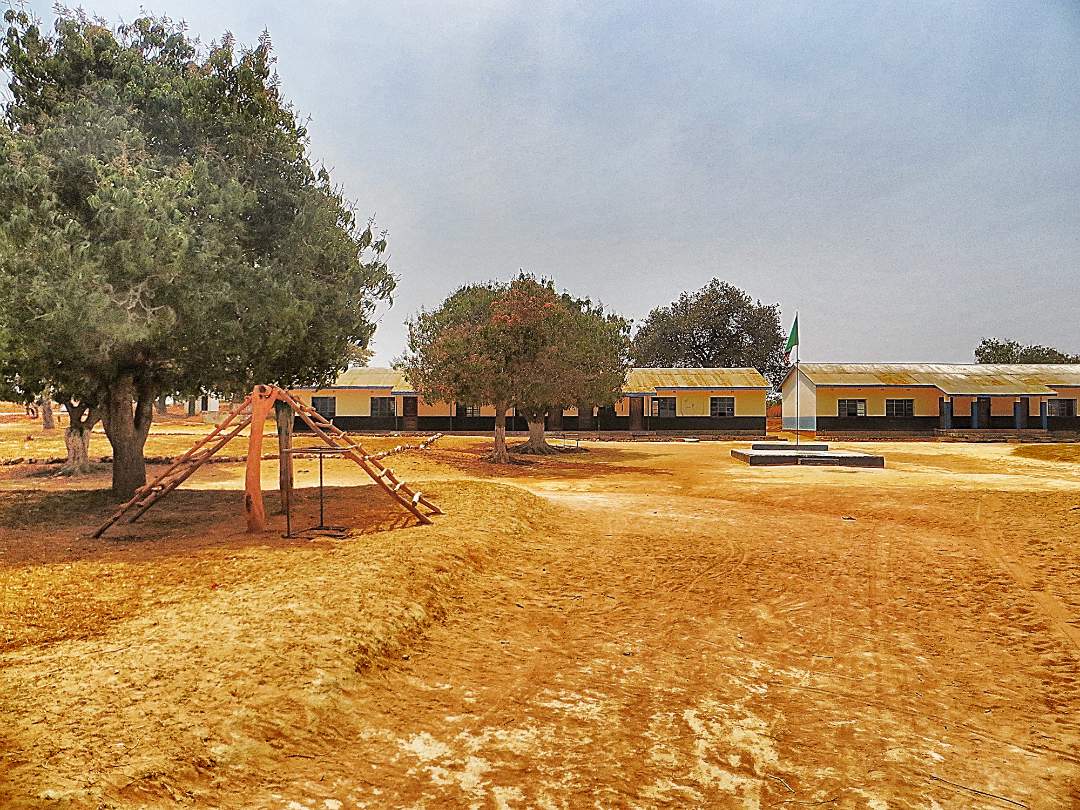 Each borehole will provide access to clean, safe drinking water for 300 people daily, for an expected lifetime of 50 years. As a result of this clean drinking water source, communities will experience improved health and sanitation. School absences for teachers and pupils (especially girls) will decrease, improving education for all. There will be an increased knowledge of gardening and agriculture, food security, and community development.
Each borehole will provide access to clean, safe drinking water for 300 people daily, for an expected lifetime of 50 years. As a result of this clean drinking water source, communities will experience improved health and sanitation. School absences for teachers and pupils (especially girls) will decrease, improving education for all. There will be an increased knowledge of gardening and agriculture, food security, and community development.In 2014, during Emily McKeone’s Peace Corps service, new boreholes were installed at an initial three primary schools within Mansa District in conjunction with Water Charity, as mentioned above. To read about that project CLICK HERE. Not only did the communities report improved health and sanitation, but schools were also able to complete construction projects and further develop their infrastructure. This project and its 3 schools/ boreholes served can be considered the pilot project, or 1st project of this program. Thus, when finished, a total of 16 schools and their defunct boreholes will have been served.
Dollar Amount Needed
$0 – This project has been funded by a major Water Charity donor, who prefers to remain anonymous.
